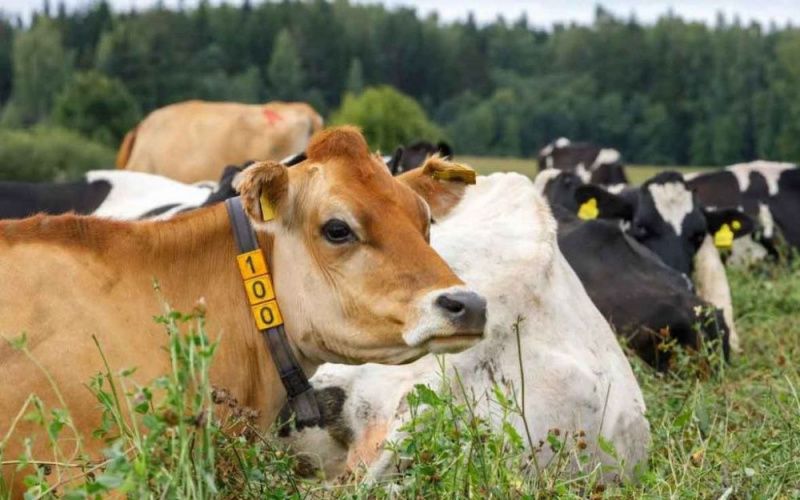Greenhouse gas emissions from the largest meat and dairy companies increased by another 3.3 percent

Companies included in the Fairr Initiative's analysis include Hormel Foods in the US, a supplier to McDonald's, and leading Chinese feed manufacturer and meat giant New Hope Liuhe.
“The sector is not on the right path,” said Ms Talia Vunaki, senior manager of research and public affairs at Fairr.
The food industry's impact on the climate is enormous, accounting for about a third of global greenhouse gas emissions. Livestock, which emits potent methane, accounts for 14.5% of global emissions.
This underscores the need to focus on food and agriculture as world leaders prepare for the upcoming COP28 summit in Dubai later this month, Fairr said in a report. The investor group is raising awareness of environmental, social and governance risks and opportunities in the global food sector and is backed by more than US$70 trillion (S$95 trillion) in assets.
The United Arab Emirates has been called for a commitment to transform its food industry, with the UN's Food and Agriculture Organization set to unveil a net-zero emissions roadmap for the sector.
The Fairr report highlights that some companies, such as Tyson Foods and Danone, have succeeded in reducing their emissions. But overall, there are different levels of climate commitment and disclosure, the report says. Nearly two-thirds of the companies analyzed did not disclose information about so-called Scope 3 emissions, which include those that occur indirectly in a company's value chain. Only four of the sector's 20 largest companies have net-zero targets.
The report highlights that the livestock industry is seeing improvements in areas such as alternative proteins, waste and pollution, and water use. While it shows that "bad practices are not an inevitable part of the food supply ecosystem", the investor group called for more progress on environmental aspects.
“We have long known that humanity cannot fix climate change without changing how we feed the world,” says Mr Jeremy Koller, private equity investor and founder of Fairr.









